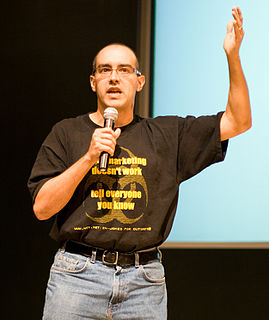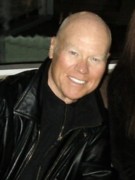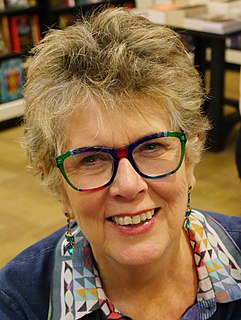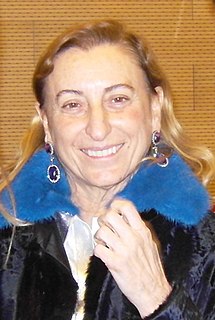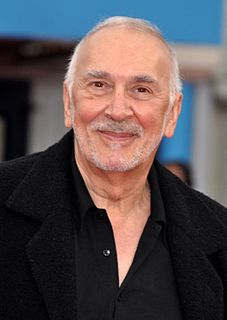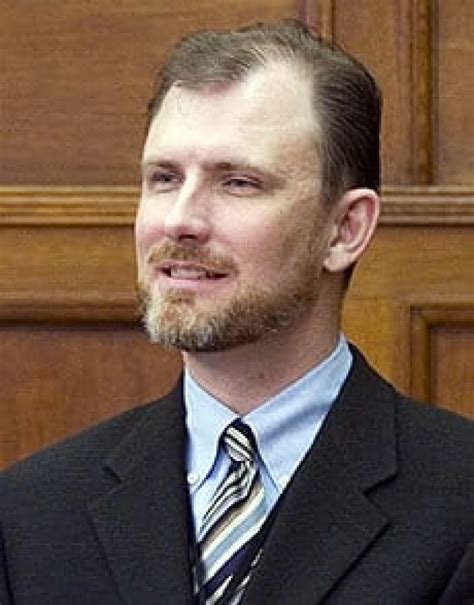A Quote by David Cohen
I'm often asked what it takes to be 'Series A ready' in terms of metrics, progress, and traction. Unfortunately, there's no easy answer.
Related Quotes
I am often asked how I can work with a subject as morbid as trauma without becoming burned out or depressed. My answer to this question is that witnessing the transformation that takes place in people when they master their traumas has proven to be a deeply sustaining and uplifting experience in my life.
John Wesley tells of a dream he had. In the dream, he was ushered to the gates of Hell. There he asked, "Are there any Presbyterians here?" "Yes!", came the answer. Then he asked, "Are there any Baptists? Any Episcopalians? Any Methodists?" The answer was Yes! each time. Much distressed, Wesley was then ushered to the gates of Heaven. There he asked the same question, and the answer was No! "No?" To this, Wesley asked, "Who then is inside?" The answer came back, "There are only Christians here."
We recognize that our progress as a species does not have to be defined in terms of wealth or material and physical growth any more than our progress as individuals has to be defined in terms of physical growth. Physical growth of the body reaches a limit, but the character and the soul of the individual continues to grow, or at least has a chance to continue, often to our last breath. It is simple minded to define our well being in material terms, when that well-being has an aesthetic dimension, and intellectual dimension, a moral dimension.
I made it the mantra of those days; when I paused before yet another series of switchbacks or skidded down knee-jarring slopes, when patches of flesh peeled off my feet along with my socks, when I lay alone and lonely in my tent at night I asked, often out loud: Who is tougher than me? The answer was always the same, and even when I knew absolutely there was no way on this earth that it was true, I said it anyway: No one.
My first book, 'To Engineer Is Human,' was prompted by nonengineer friends asking me why so many technological accidents and failures were occurring. If engineers knew what they were doing, why did bridges and buildings fall down? It was a question that I had often asked myself, and I had no easy answer.

